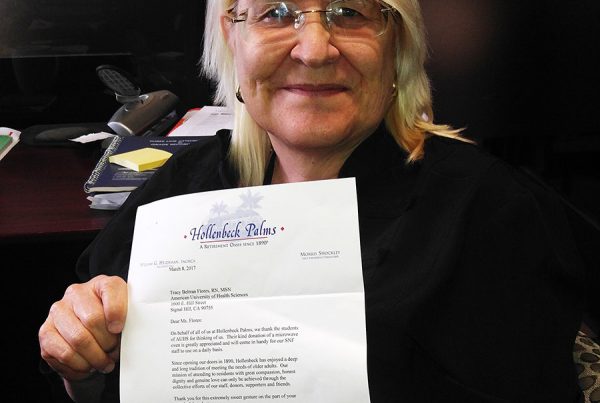Conflict Between the Sons of Ishmael and Isaac
By John Schloss, Ph.D.
On October 7, 2023, Hamas launched an invasion of Israel. I want to share a few thoughts on the history of this conflict. Yom Kippur 2023 was not just any Jewish holiday. It was the 50th anniversary of the invasion of Israel by Egypt, Syria, and other Arab countries (the Yom Kippur War). The October 7th attack corresponds with Simchat Torah, a holiday celebrating the completion of the annual cycle of public Torah reading and the beginning of a new progression. Simchat Torah means ‘Joy of Torah,’ or happiness that comes from the study of the first five books of the Old Testament (Genesis, Exodus, Leviticus, Numbers, and Deuteronomy).
The attacks on Jewish holy days are not accidents. They are a fundamental part of the conflict and an expressed hatred for all things Judeo-Christian. This hatred goes back many years, but for the Middle East has firm roots in the First and Second World Wars. The Grand Mufti of Jerusalem, Mohammed Amin al-Husseini, was a fervent anti-Zionist. He spent World War II in Germany as Hitler’s guest during political exile from Palestine. Had Germany won the war, he planned to return to Palestine and build crematoriums to incinerate the Palestinian Jews.
When England prevailed in WWII, the Jewish state became a reality partly due to Chaim Adriel Weizmann. Weizmann was a Russian-born biochemist who developed an industrial fermentation method for producing acetone, essential for making cordite explosive propellants for the British during World War I. Weizmann’s contribution to the British war effort was crucial for obtaining the Balfour Declaration and gaining recognition for the newly formed State of Israel. The formation of Israel is central to contemporary conflicts.
For those who hope to reconcile differences between the Torah, Tanakh (Miqrah), Bible (Old and New Testament), and Qur’an, this is impossible. While the Torah (Book of Moses), Tanakh, and Bible share the same origin, the Qur’an claims to be the direct words of God without human corruption. For those who believe the Book of Revelation (Apocalypse in the Roman Catholic Bible), the conflict over Israel will have a somewhat different outcome than for those who follow the Qur’an.
But what is the origin of the conflict between Jews and Arabs? It is biblical in origin and starts with Sarah’s disobedience and distrust of God’s promise to Abraham. When Sarah bade Hagar, the Egyptian, to have a son with Abraham, she lacked trust in God’s promise that she would bear him a son. Abraham’s first son, Ishmael, was blessed by God and gave rise to the Arab people. The prophet Mohammed is a descendant of Ishmael. Abraham’s second son, Isaac, was also blessed by God and gave rise to the Jewish people. King David and Jesus are descendants of Isaac. Followers of the Qur’an believe that God told Abraham to sacrifice Ishmael, future father of the Arabs, as a test of faith. In contrast, followers of the Judeo-Christian tradition believe it was Isaac, future the father of the Jews, that God told Abraham to sacrifice.
The relationship of Isaac and Ishmael is one of several critical discrepancies between the two traditions. Followers of the Qur’an believe that Jews altered the Judeo-Christian bible on the importance of Ishmael and other vital points. They believe that the Qur’an contains the direct words of God dictated to the prophet Mohammed by the archangel Gabriel. As such, the Qur’an must have the absolute truth unaltered by human intervention. The Qur’an is one of the finest works of Arabic literature (poetry). However, critics of the Qur’an’s divine origin point out that many sections reflect earlier scriptures. They believe the author(s)/scribes of the Qur’an included and revised earlier religious texts omitted from the canon of the Christian bible as too Gnostic. A significant difference between the Qur’an and the Christian Bible is the crucifixion of Jesus. In the Qur’an, Jesus is not crucified. Someone else, a double, takes Jesus’ place on the cross. A fundamental tenet of Christianity is at odds with the Qur’an.







